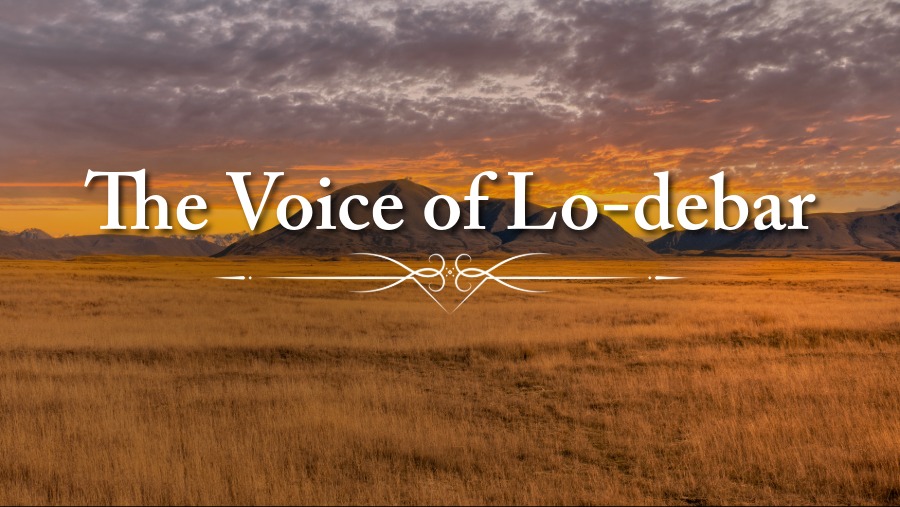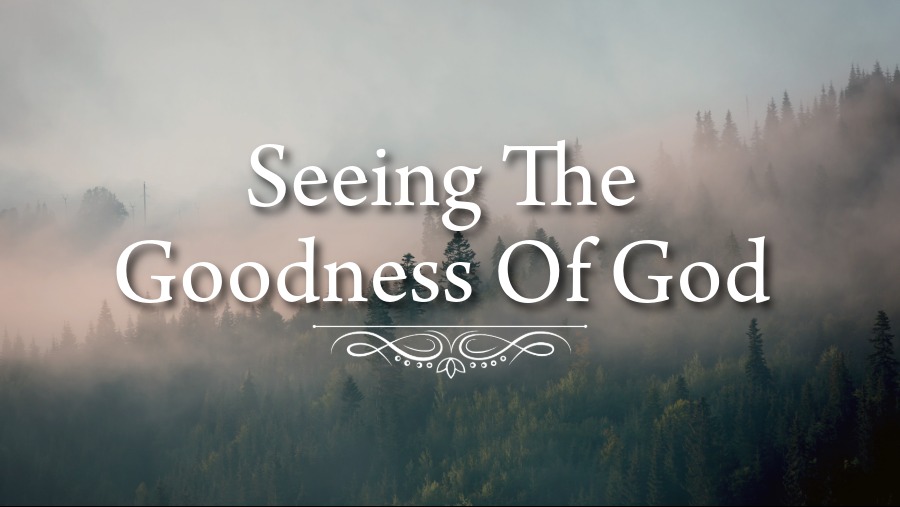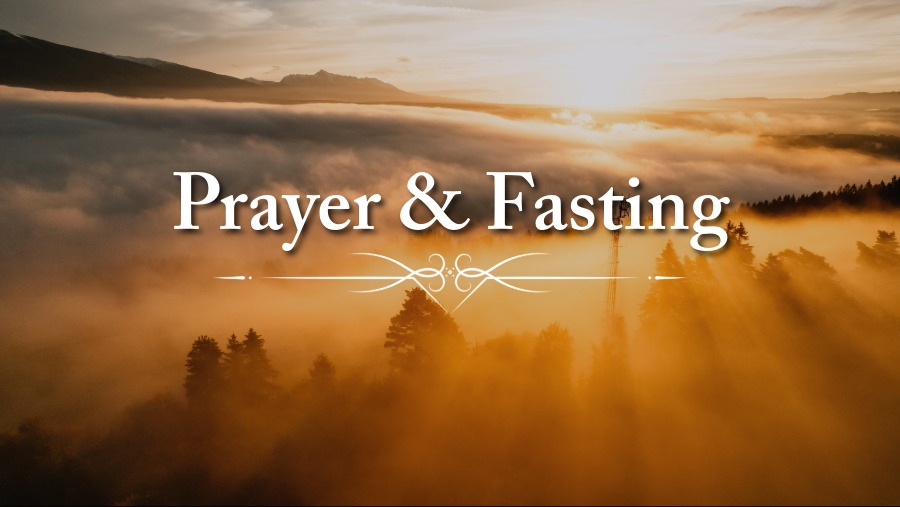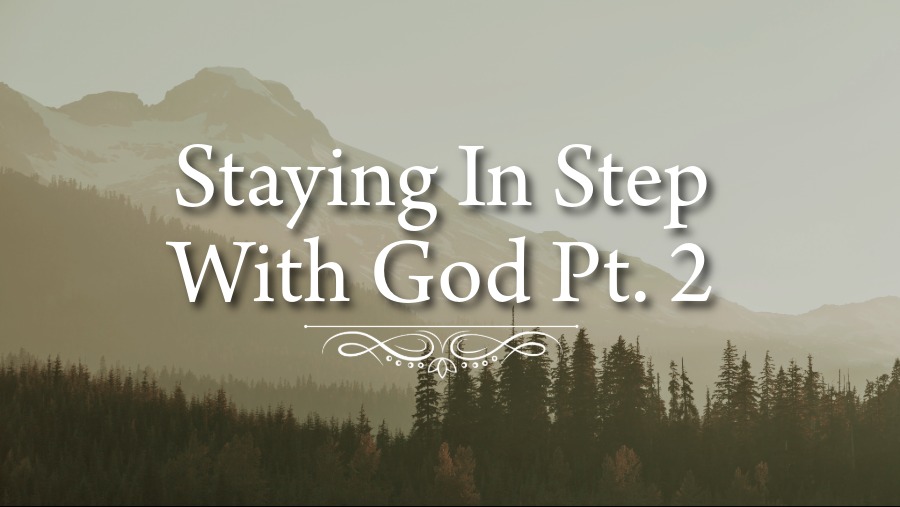
Revive Us Again Sunday (Morning Service)
Walking Through the Dark Valleys
Noah Clarke
The sermon focuses on Psalm 23, emphasizing the importance of relying on God during times of trials and difficulties. The speaker begins by acknowledging that Psalm 23 is a familiar passage to many Christians, but encourages the audience to delve deeper into its meaning, particularly in times of hardship.
The core message is that when faced with life’s challenges, instead of seeking the quickest escape, one should ask, “What is God trying to teach me through this?” The speaker explains that God allows trials, often referred to as “deep, dark valley moments,” to teach and guide us. Christians often make mistakes when they rush to escape these valleys by making hasty decisions, such as taking on debt, entering unhealthy relationships, or changing jobs without seeking God’s guidance.
Psalm 23 serves as a reminder that the Lord is our Shepherd, providing for our needs and leading us to peace and restoration. David, who authored the Psalm, faced numerous battles and hardships in his life, yet he consistently sought God’s direction and strength through prayer. The speaker underscores the importance of “fighting our battles on our knees,” meaning that we should turn to God in prayer for guidance and strength.
The sermon further explores the concept of the “valley of the shadow of death” mentioned in Psalm 23:4. The speaker clarifies that a shadow, while it can appear threatening, cannot harm us. This imagery illustrates that no matter how dangerous or close our problems may seem, God is always with us, providing comfort and protection.
Three main points are highlighted:
1. Fight Battles on Your Knees: Just as David sought God in his struggles, Christians should rely on prayer and God’s guidance during trials.
2. Find Strength, Direction, and Comfort in God: The speaker emphasizes the need to seek restoration, peace, and direction from God’s Word and through prayer, rather than relying on our own strength or external sources.
3. Fear Not: Despite the challenges we face, whether near or far, God is always with us. The speaker reminds the audience of God’s promise never to leave or forsake us.
The sermon concludes by reflecting on the example of Jesus, who, despite facing the darkest valley of the cross, consistently turned to God in prayer. The speaker encourages the audience to prioritize time with God, especially during difficult times, and to seek His direction and strength above all else.
Temptation and Triumph
Javier Garcia
The sermon, based on Matthew 4:1, delves into the theme of being led by the Holy Spirit into a “Wilderness season,” a time of testing and preparation. The speaker begins by referencing the account of Jesus being led by the Spirit into the wilderness to be tempted by the devil. This event, which occurred before the start of Jesus’ public ministry, is highlighted as a significant moment that underscores the dual nature of Christ—fully God and fully man. The speaker emphasizes that while Jesus is divine, He also experienced human temptations just as we do, yet remained without sin.
The Wilderness experience of Jesus is presented as a model for believers. The speaker explains that just as Jesus was led by the Spirit into a time of testing, so too might we be led into difficult seasons for our spiritual growth. These Wilderness seasons are not to be avoided but embraced as opportunities for God to refine us, build our character, and prepare us for greater things. The speaker challenges the audience to view these times not with fear or frustration but with a desire to draw closer to God and to be molded by Him.
The sermon stresses the importance of being attentive to the leading of the Holy Spirit. The speaker shares a personal testimony of someone who felt led by God to perform a simple yet powerful act of kindness—a hug to a homeless man—that ultimately saved the man’s life. This story serves as an illustration of the need for believers to be sensitive to the Spirit’s promptings, even when they may seem uncomfortable or unusual. The speaker encourages the audience to be open to the Spirit’s guidance, especially during challenging times, as this is when God often does His most transformative work in us.
In closing, the speaker urges listeners to embrace discomfort and testing as necessary steps in their spiritual journey. By doing so, they can experience the fullness of what God has for them, much like Jesus did after His time in the wilderness. The sermon concludes with a call to self-examination, asking believers to consider how they can be more receptive to the Holy Spirit’s leading in their lives and to allow themselves to be shaped and strengthened through their own Wilderness experiences. The ultimate goal is to walk in the power and purpose that God has for each individual, just as Jesus did after His time of testing.
God’s Promise of Renewal
Devon Ortiz
The sermon focuses on Isaiah 35, a prophetic chapter that speaks to the restoration of God’s people, specifically the Jews, and offers hope amid their trials. The speaker begins by setting the context of the passage, highlighting that while Israel, particularly the Kingdom of Judah, was under threat from surrounding nations, including the formidable Assyrians, Isaiah’s message oscillates between warnings of judgment and promises of restoration and hope.
The speaker emphasizes that God is not a punitive force but a loving Father who, even when He allows trials or “hits us over the head with a bat,” also comes with an “ice pack” to heal and restore. The wilderness, or solitary places, described in Isaiah 35, are likened to the dry, desolate seasons in our lives where we might feel isolated, weak, or spiritually barren. However, the message of Isaiah 35 is one of transformation and renewal—God can bring forth beauty and life even in the most barren of places.
Using the imagery of the crocus flower, which blooms in dry, harsh environments, the speaker illustrates how God can cause us to blossom in our wilderness experiences. These tough seasons are not meant to break us but to refine us, stripping away distractions and dependencies on things that are not from God. The sermon encourages the audience to embrace these seasons, understanding that God may be drying up certain aspects of their lives to draw them closer to Him and to bring about deeper spiritual growth.
The speaker also addresses the common human tendency to become fearful, restless, and reactive during difficult times. He warns against the impulse to jump from one thing to another in search of relief, emphasizing that God often calls us to stand firm, take root, and wait for His deliverance. The restoration that God promises is not just physical or material but deeply spiritual—He opens the eyes of the blind, unstops the ears of the deaf, and enables the lame to leap with joy. This restoration brings a renewed boldness, a joy that causes even the mute to sing.
Personal anecdotes, such as the speaker’s childhood experience of finding comfort in singing hymns despite being teased, serve to illustrate how God can bring boldness and joy even in difficult circumstances. The sermon closes with a powerful reminder that true restoration only comes from God. No external solution—whether it be a service, ministry, or other means—can provide the deep, spiritual restoration that we need. Therefore, we must go to God, trusting in Him as our Shepherd, to lead us through and out of our wilderness experiences, transforming our lives with His grace and power.

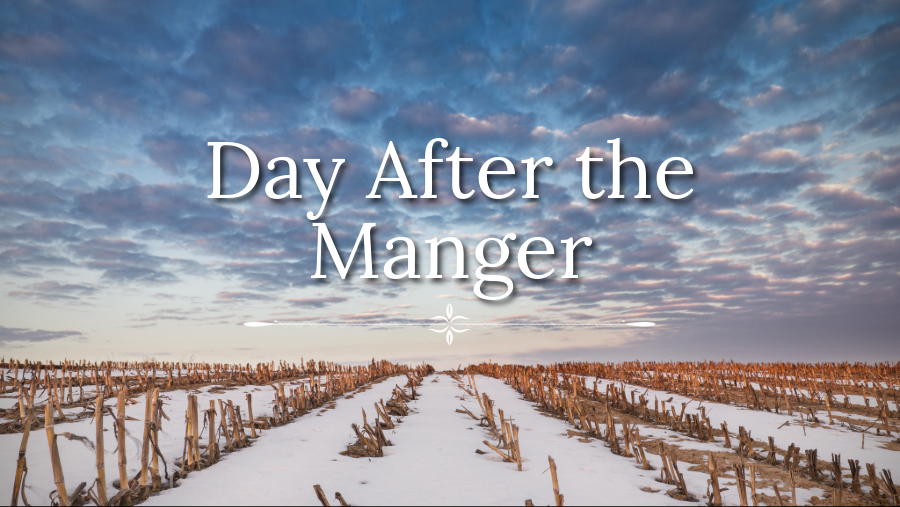

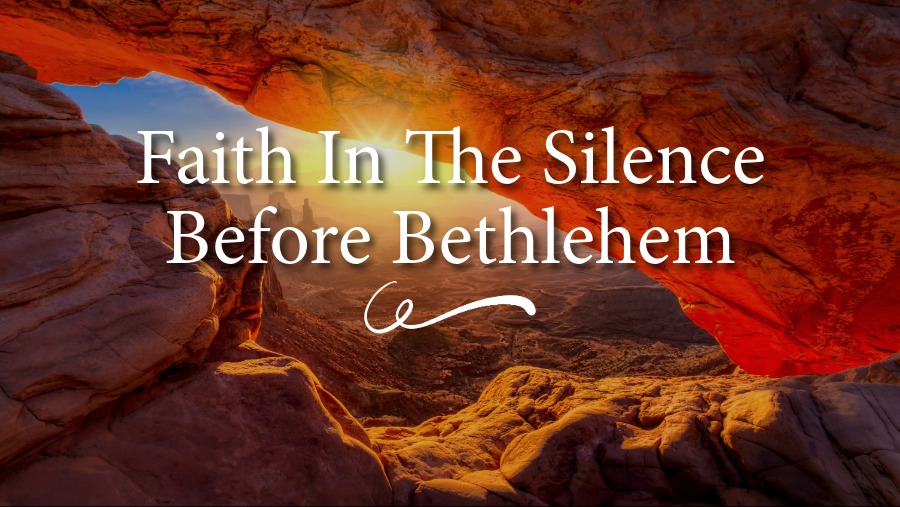
.jpeg)




